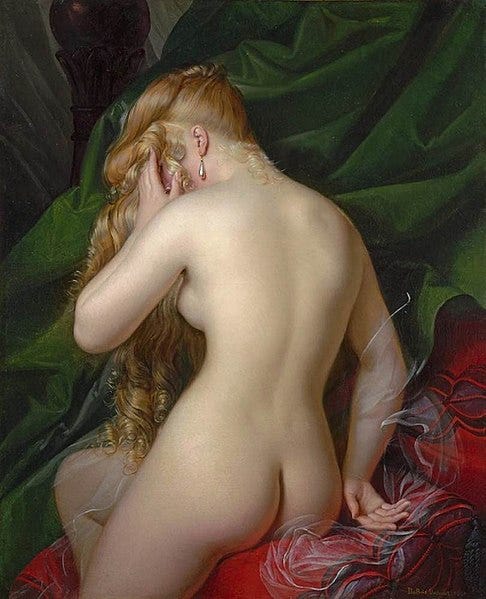How Bad Habits Are Formed (Unconsciously)
You can't break out of vicious cycles because you secretly enjoy what you hate
I knew a girl in college who would always tell me about how she hated going home because she felt like she had to be both of her parents’ therapist. She would listen to her mom talk smack about her dad, and to her dad talk smack about her mom. It sounded like she parented her parents.
When she wasn’t complaining about her family, she was going on about how she dedicated a lot of her time to taking care of her boyfriend. Not that she hated it, but she always made it sound like a nuisance: “I have to go home and cook for him… I need to go home and see how he’s doing.”
When I got tired of her complaining, I said, “no offense, but I think you actually enjoy your stress.” I think she enjoys treating her boyfriend like a chore because her relationship with her parents acclimated her to the feeling of being depended on. She likes the feeling of parenting and babying someone because her child-self had to do that to stay on her parents’ good side. In other words, her psyche felt like, in order to keep her parents’ love and protection, she needed to turn herself into a caretaker, going above and beyond what she knows she should be doing.
Patterns that are formed out of necessity in an earlier stage of life determine what you look for for the rest of your life. The behaviors you were forced to do when you were younger become the behaviors you itch to do when you’re older.
Like making a tie-dye T-shirt, the twists and turns of childhood shape the way we’re colored as adults. If there’s something you’re doing in your life right now that you hate and know you should stop doing, yet you can’t stop, it’s because there’s a part of you that secretly enjoys it. Or, in Carl Jung’s words:
Until you make the unconscious conscious, it will direct your life and you will call it fate.
What the unconscious wants, it gets. So, if you want to know what your unconscious wants, just look at what you have right now. Bad habits are a bit like this painting — we may be completely naked in the way we behave yet still be blind to everything that we are:
Here’s another example, one that’s not about relationships:
In high school, the people who hated math were also bad at it. In a chicken-egg fashion, they hated it because they were bad at it, and being bad at it made them hate it even more. But, if it really were that simple, the solution would just be to break the cycle by telling yourself, “I’m great at math” or “math is my favorite subject”. Yet, people rarely break this cycle.
Examining weaknesses as something that lurks in the unconscious is useful because it identifies why the cycle exists in the first place and, therefore, how to break free from your self-inflicted unhappiness.



